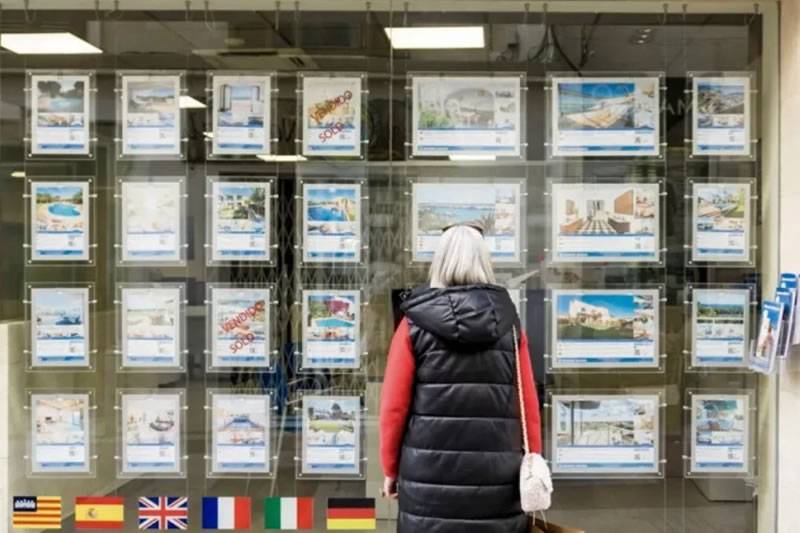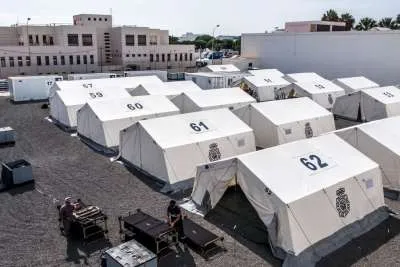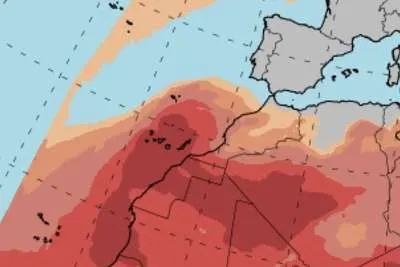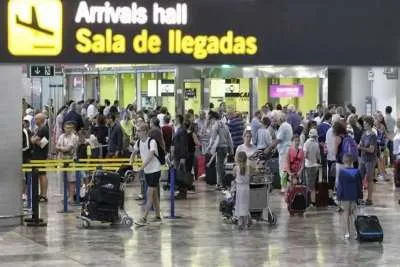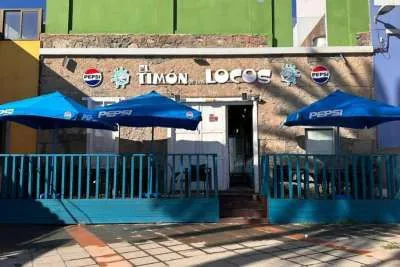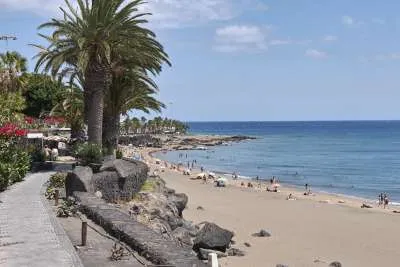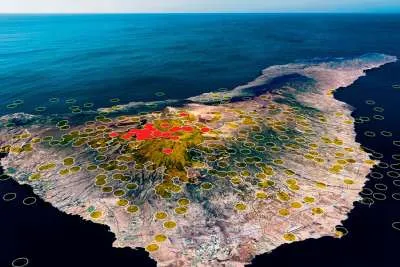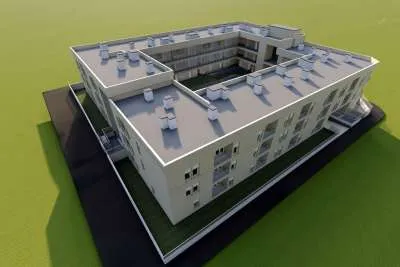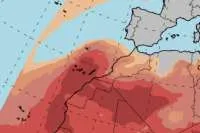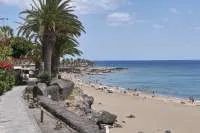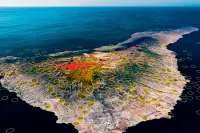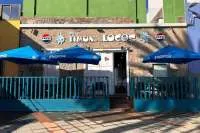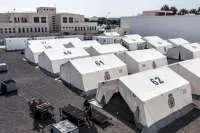Housing shortage deepens as property listings in the Canary Islands fall by almost 15%
- 02-06-2025
- Business
- Canarian Weekly
- Photo Credit: Efe
The supply of homes for sale across the Canary Islands has dropped by approximately 13% over the past year, with capital cities like Las Palmas and Santa Cruz seeing even steeper declines approaching 20%, according to property portal Idealista.
The platform describes the national decrease in housing stock as the most significant ever recorded.
This tightening market is being felt acutely by professionals on the ground. Greg Rodríguez, director of Triumph Real Estate, says the sector is experiencing a squeeze from both sides: soaring demand and a shrinking supply, exacerbated by limited new construction, increased foreign investment, and a lack of public housing.
From 5,900 Listings to 4,200
“In Gran Canaria, we’ve seen the number of available properties on Idealista drop from around 5,600–5,900 last year to just 4,200–4,500 today, that’s roughly a 15% decrease,” explains Rodríguez. He notes the same trend is occurring in both sales and rentals.
Rodríguez attributes the situation to five main factors. Foremost is the imbalance between supply and a rapidly growing demand, particularly from foreign buyers, a dynamic that is especially pronounced in the Canary Islands. This imbalance is contributing to sharp price increases in both the rental and sales markets.
Shortfall in Construction and Public Housing
The popularity of short-term holiday lets is also exacerbating the crisis. “More property owners are opting for holiday lets, which further reduces the stock of homes available for local buyers,” Rodríguez says.
Two other critical issues are the lack of social and affordable housing, and a severe slowdown in new housing development. A key driver behind the latter is the rising cost of building materials. “Construction used to cost around €700–800 per square metre. Now it's closer to €1,000–1,200,” he says. These cost pressures have squeezed out small developers and forced larger firms to scale back projects.
Another contributing factor, though less significant, is the tendency among some homeowners to delay selling in anticipation of further price appreciation. “Seeing that prices continue to rise, some sellers hold off or list their properties at unrealistic prices,” Rodríguez notes.
High Turnover in Property Listings
Despite the shrinking pool of listings, property turnover remains high. Rodríguez reports that 52% of the properties listed by his agency are reserved on the first day. “It’s rare for a listing to remain active for more than three or four months. If it does, it’s usually because the property is overpriced or difficult to sell due to its layout or condition.”
In such a competitive market, many buyers are even willing to pay a premium. This is especially apparent in the rental sector, where demand far outstrips supply. “We now only advertise rentals on our own social media channels,” he says. “If we list on property portals, we can receive up to 200 enquiries in an hour.”
What Buyers Are Looking For
In Gran Canaria, the most sought-after properties are three-bedroom flats located in or near central districts, especially those that have appreciated significantly in value, and which feature terraces or outdoor spaces, a preference that has grown stronger since the COVID-19 pandemic.
Rodríguez identifies two primary buyer profiles: first-time buyers, typically with secure employment, decent salaries and no debts; and second-step buyers, looking to upgrade or downsize depending on changing personal needs. Foreign buyers make up a third group, often seeking a second home to escape the winter months in their own countries.
No Relief in Sight
Looking ahead, Rodríguez sees little sign of improvement in the short term. The factors driving the crisis, from high demand and holiday rentals to construction costs, show no signs of easing.
He believes real solutions lie in ramping up the construction of new homes, especially protected and public housing. There is also an urgent need to review the regulation of holiday lets and foreign property ownership, “if we really want to see a meaningful impact on the market,” he concludes.
Other articles that may interest you...
Trending
Most Read Articles
Featured Videos
TributoFest: Michael Buble promo 14.02.2026
- 30-01-2026
TEAs 2025 Highlights
- 17-11-2025


